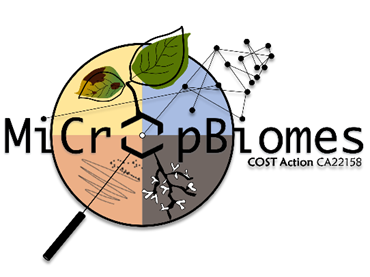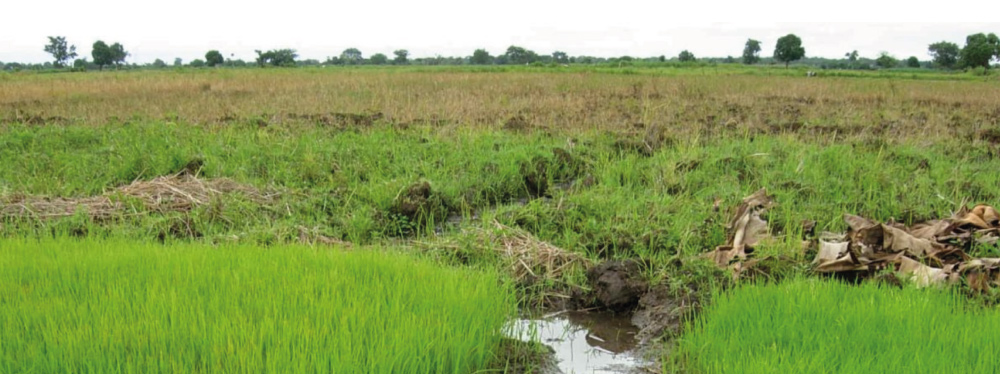MiCropBiomes
CA22158 - Exploiting Plant-Microbiomes Networks and Synthetic Communities to improve Crops Fitness
Challenge
The main challenge that is addressed by the MiCropBiomes COST Action is to coordinate the available knowledge on plant’s microbiome assembly, and its potential to increase crop holobiome resistance to drought and heat, or diseases. The MiCropBiomes COST Action also aims to explore advances in engineering microbiomes, and aid in management and policy tools to improve the resilience of crop plants.
Solution
1. To develop an understanding at the molecular level of assemblies and signaling regulating phytobionts;
2. To develop understanding (theoretical vs experimental achievements), regarding “keystone microorganisms” to improve microbiome assemblies under different cropping systems;
3. To develop an understanding (theoretical vs experimental achievements) on the interference of abiotic stress (heat and drought) and biotic stress (e.g., pathogens) on microbiome associations, and exploit how keystone microorganisms (e.g., PGPs and BCAs) improve crop performance/tolerance;
4. To engineer microbial communities for successfully improving holobiont fitness;
5. To develop databases on plant microbiomes, and tools to make them (as much as possible) of wide Open Access;
6. To provide inputs to stakeholders for solutions for a precision 3S-Agriculture;
7. To stimulate long-lasting transdisciplinary research network on plant microbiomes, with a joint R&D&I agenda;
8. To involve long-term interactive balanced networks.
Objectives, Activities and Results expected / achieved
3. Press news on WG2 activities - several news, webinars, will be published on social and other conventional media on the work developed by the WG2;
4. The Action Network will release Press newsletters on the COST activities and the main achievements, periodically highlighting key networks, joint collaborations, and main achievements;
5. Press news on WG3 activities - several news, webinars, will be published on social and other conventional media on the work developed by the WG3;
6. Press news on WG4 activities - several news, webinars, will be published on social and other conventional media on the work developed by the WG4;
7. Technical collaborative papers in WG1 subtopics - This WG will produce/publish international papers on the topics of the Group;
8. Technical collaborative papers in WG2 subtopics - This WG will produce/publish international papers on the topics of the Group;
9. Technical collaborative papers in WG3 subtopics - This WG will produce/publish international papers on the topics of the Group;
10. Technical collaborative papers in WG4 subtopics - This WG will produce/publish international papers on the topics of the Group;
11. Conclusion WG1 Report on the main achievements regarding the Plant-Microbiome molecular crosstalk (eg., distribution and eco-evolutionary perspectives);
12. Conclusion WG Report on the main achievements regarding the Crop-Microbiome assembly dynamics under specific environments;
13. D3.3. Conclusion WG3 Report on knowledge-based information regarding the Crop microbiomes and plant diseases
14. Conclusion WG4 Report on the knowledge-based information regarding establishing and potential of synthetic communities

Project Reference
Funding

Duration
48 MonthsStart Date
2023-10-02End Date
2027-10-01Approval Date
2023-05-12Consortium
Partner countries: Austria, Belgium, Bosnia-Herzegovina, Bulgaria, Croatia, Cyprus, Czech Republic, Denmark, Estonia, Finland, France, Germany, Greece, Hungary, Israel, Italy, Lithuania, Montenegro, Poland, Portugal, Serbia, Slovenia, Spain, Sweden, Switzerland, Turkey, United KingdomWebsite
https://micropbiomes.eu/Keywords
Microbiomes;Phytobionts;
Abiotic/Biotic Stress;
Microbial Community Engineering.










